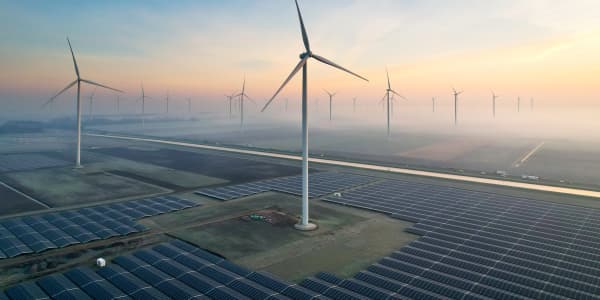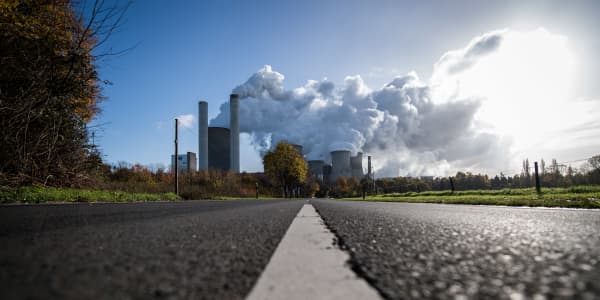
As the world's demand for energy grows, microgrids are going to become increasingly important — but what are they and why do they matter?
The U.S. Department of Energy (DOE) describes them as localized grids that are able to disconnect from traditional ones and operate autonomously.
This ability to operate independently from a larger grid makes them invaluable tools when the latter, for whatever reason, fail. As the DOE puts it, microgrids can "help mitigate grid disturbances to strengthen grid resilience."
The issue of access to power is an important one. According to the International Energy Agency (IEA), 1.2 billion people do not have access to electricity. In rural communities, where electricity access can be difficult, microgrids can also prove to be very important.
San Francisco-based Dynamic Energy Networks owns and operates microgrids and distributed energy resources. "The excitement around internet technology and internet innovation enables these microgrids to be deployed faster and transform the electricity markets," Karen Morgan, its president and CEO, told CNBC in an interview broadcast this week.
Morgan highlighted their importance in a changing world. "We can't rely on the infrastructure of today, so we have to… think about the opportunity to be independent of the grid whenever we can," she said.
"We've had, in the United States, several incidences of security breaches in the utility markets," Morgan added.
"If there is a security breach in the utility you have to be able to keep up and running," Morgan said. The cost of a business going down could impact it significantly, she added. This was in terms of revenue, profitability and in some cases taking companies out of business.
It's in such scenarios that microgrids have a role to play. Merging technology with microgrids, Morgan said, enabled energy to be dispatched back from a microgrid to the utility grid, if necessary.
"Why is that important? If you have two weeks of 105-degree weather in Texas and the utility grid is going to go down, or they can't dispatch enough energy, they look to the microgrids or the independent grids, to provide that energy," she said.
This interoperability among and between microgrids and with traditional grids, Morgan said, offered much more flexibility.
"For the end user, whether it's healthcare or institutional campuses or other(s), it provides them with a long-term predictable price of their electricity," Morgan said. This allowed them to manager their business better, offered them resilience whenever they needed it, and provided them with both stability and security, she said.




